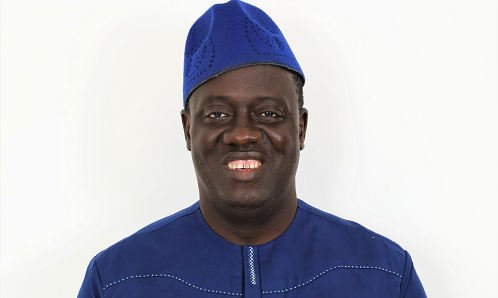In response to criticism that his appointment as Minister of Defense is unprecedented due to his absence of military experience, Chief of Staff and Minister at the Presidency, Mod K. Ceesay, has defended the appointment of Baboucarr O. Joof.
CEESAY underscored that the defense minister’s function is fundamentally a civilian one, which is consistent with the principle of democratic oversight of the military. Rather than exercising direct command over the armed forces, ministers are appointed to provide policy direction and leadership. This was detailed by him.
“The military is perpetually subject to civilian authority, and the primary duty of a minister is to provide leadership and policymaking, rather than direct command,” he stated.
Additionally, he stated that the practice of civilian leadership in defense ministries is widespread worldwide, and The Gambia has had comparable appointments in the past, such as under former President Dawda Jawara.
Ceesay asserts that President Adama Barrow selects ministers on the basis of their abilities to advance government priorities, their vision, and their competence. He defined Joof as a leader who is committed to reform and whose viewpoints will bolster the ongoing national security reforms.
“Ceesay stated that Joof is a reformer and is anticipated to contribute novel viewpoints to the national security reform agenda.”
Furthermore, he underscored that the defense minister is accountable for coordinating with military institutions, incorporating their technical input, and translating it into policy that is consistent with national security priorities.
“The principle of a democratic government is that the security and military are subject to civilian authority. Consequently, you would be a civilian, and they are required to have a civilian leader. The primary function of a minister is to create policy; however, this does not eliminate the knowledge requirement of incorporating security technical information into the policy-making process.”
However, the military institutions are in place to fill that gap. Therefore, as a minister, your primary responsibility is to coordinate the work of the military institutions, receive input from them, and subsequently formulate them as a policy. You must also provide the necessary leadership and report to the commander in chief.


